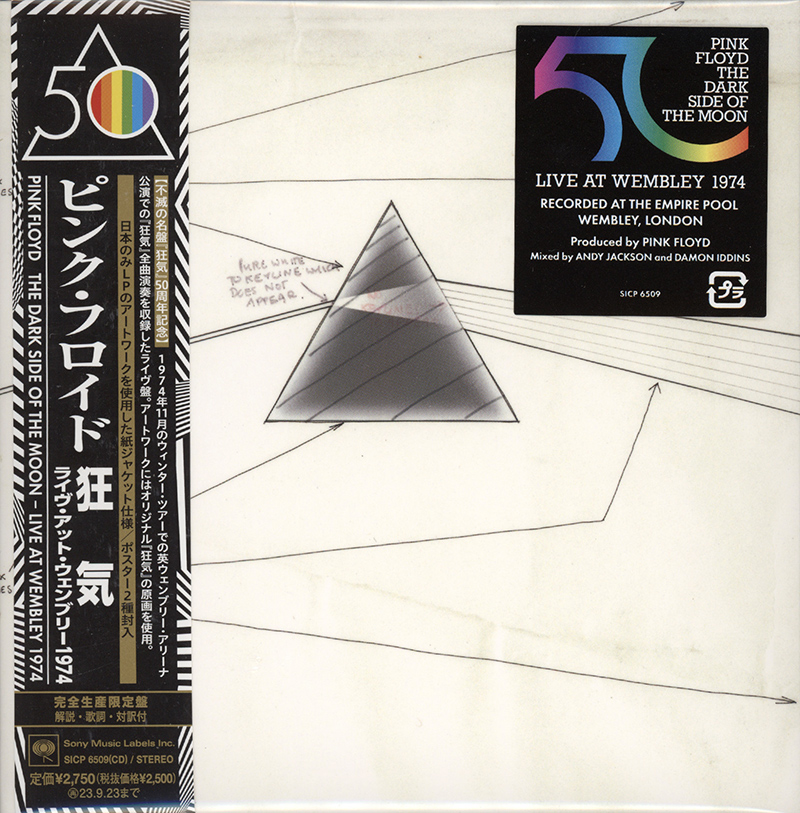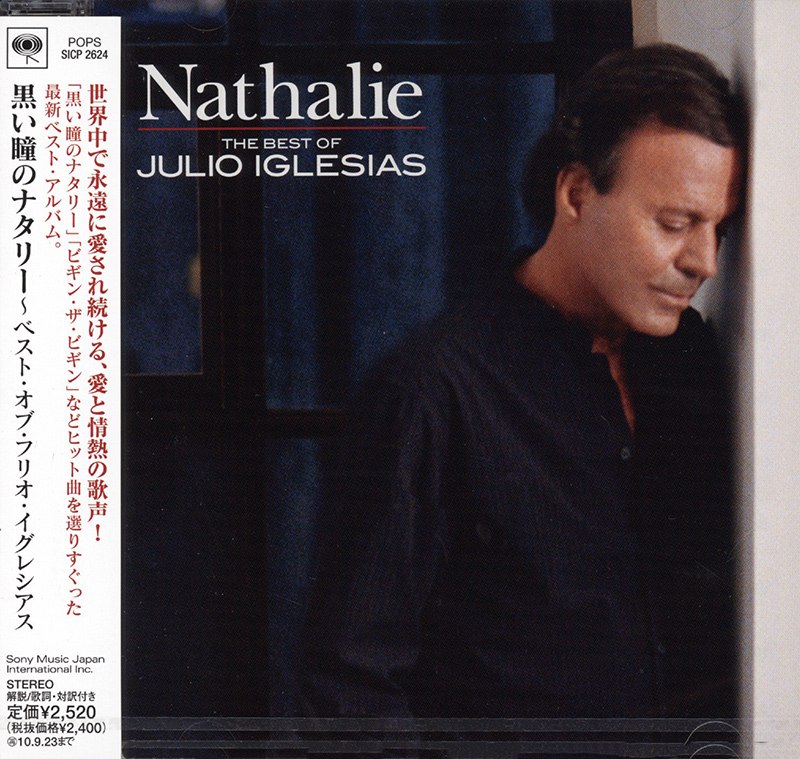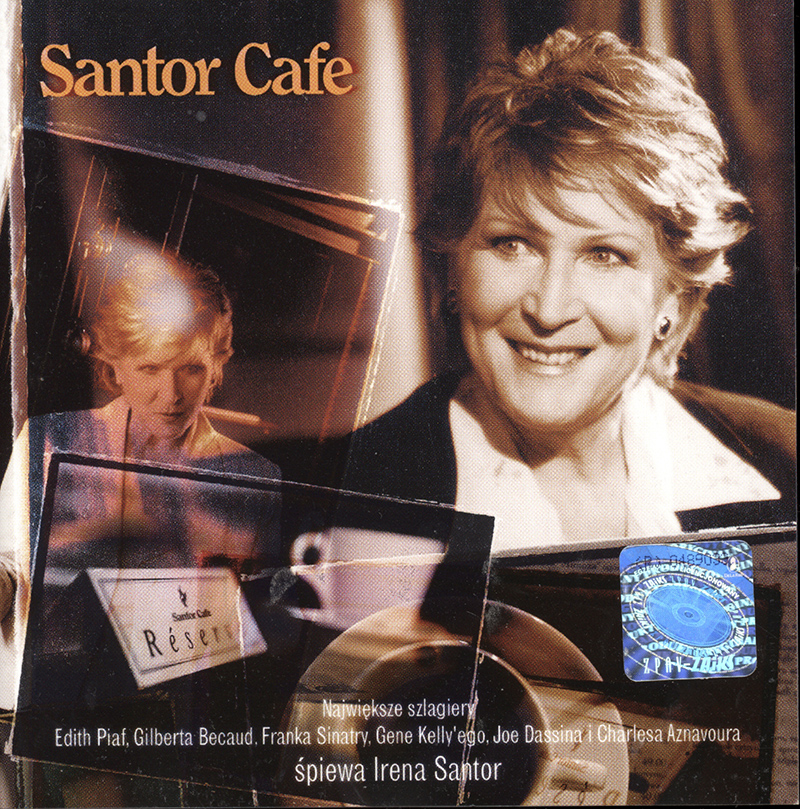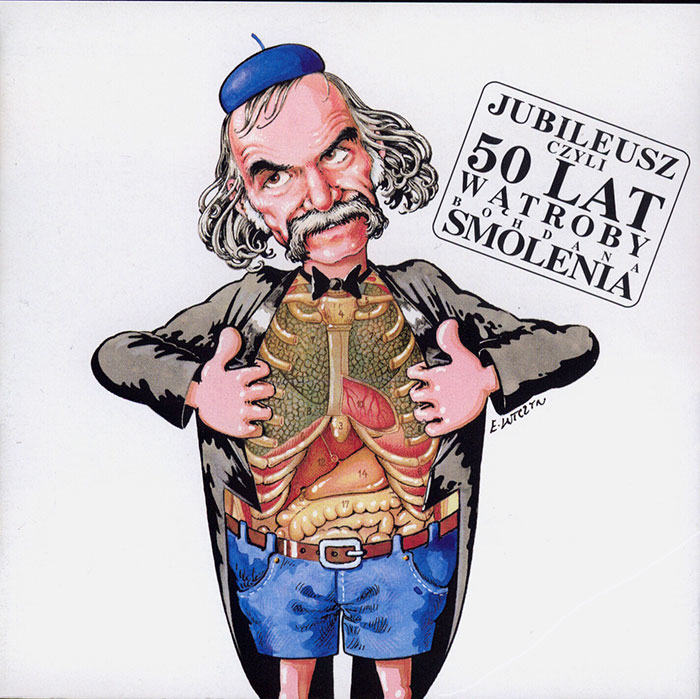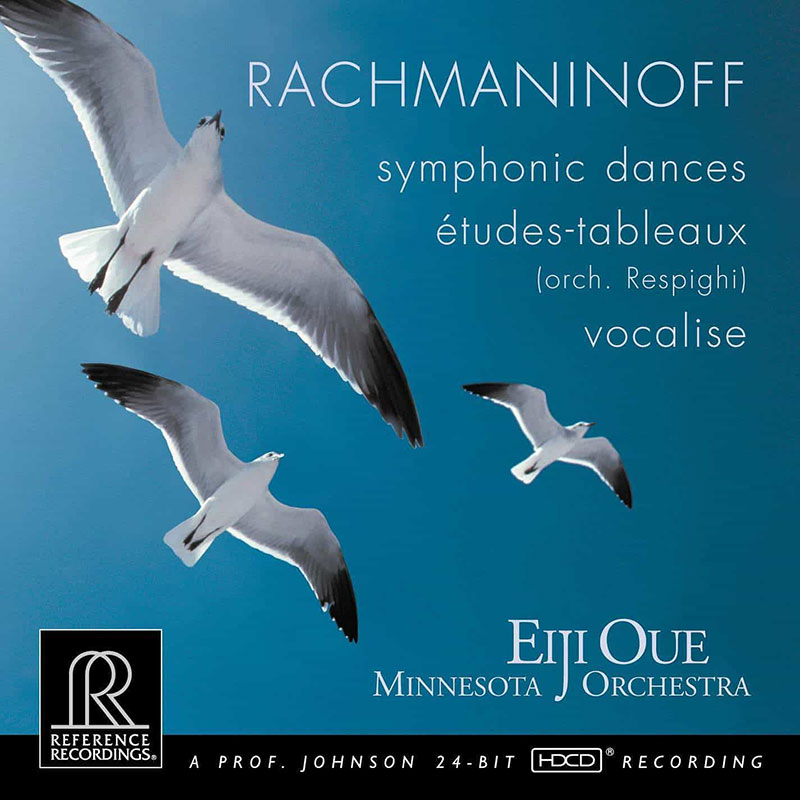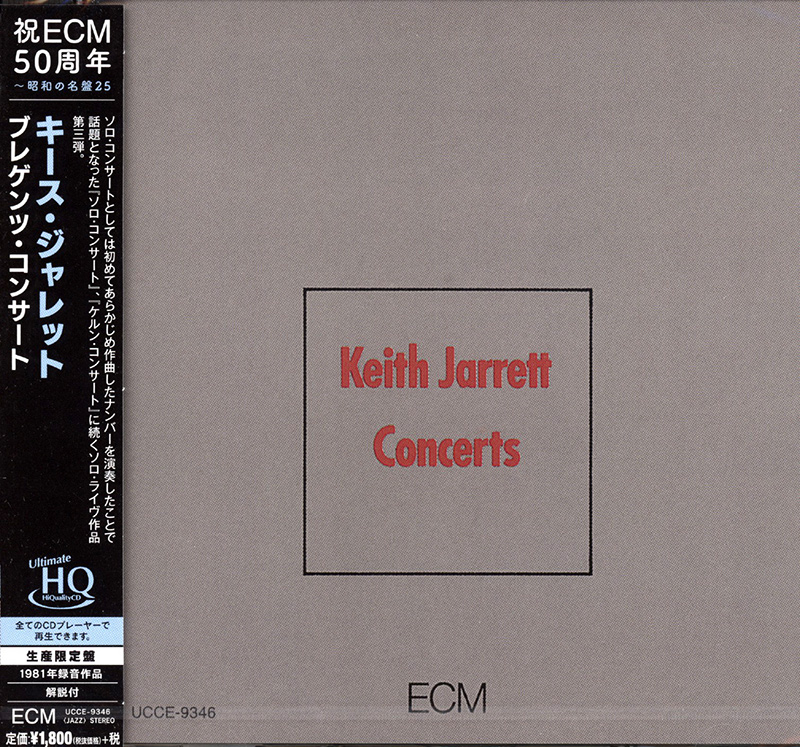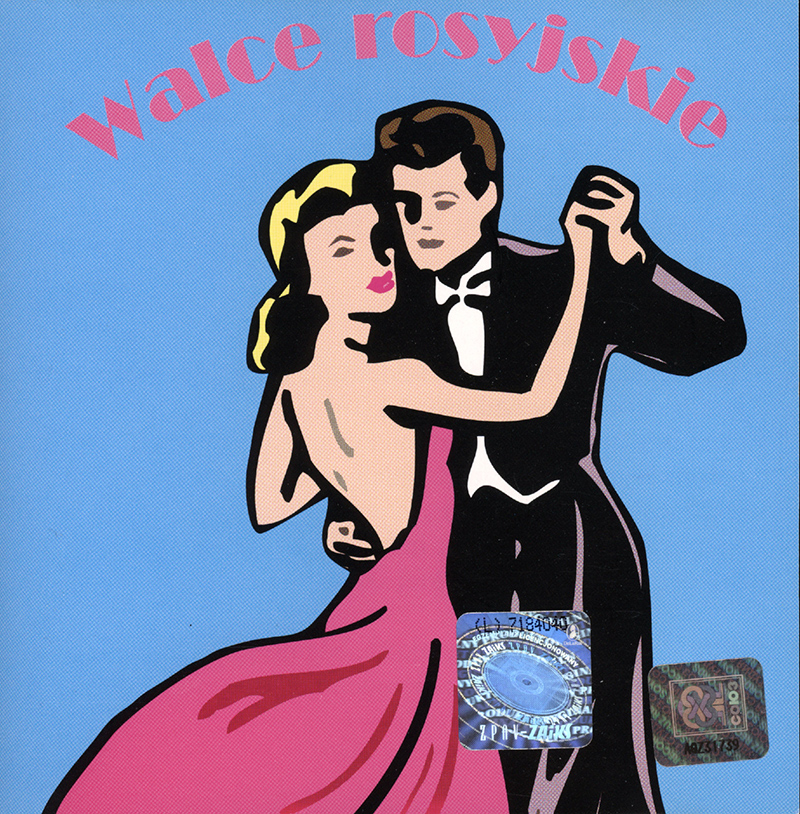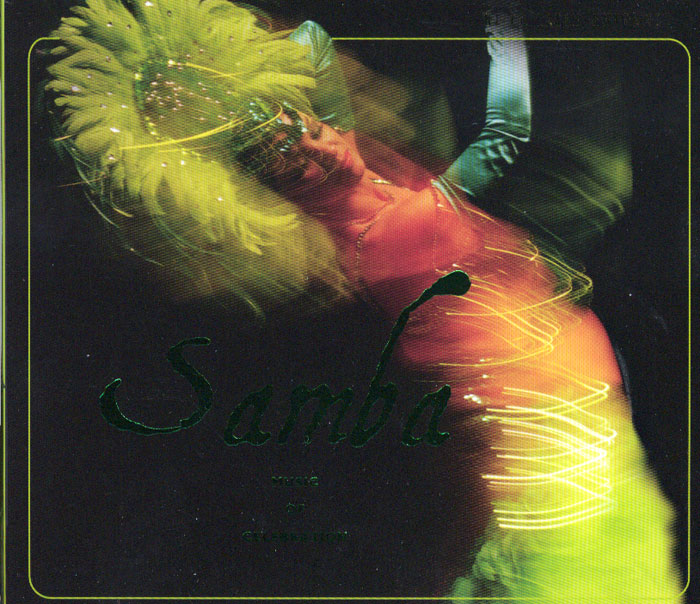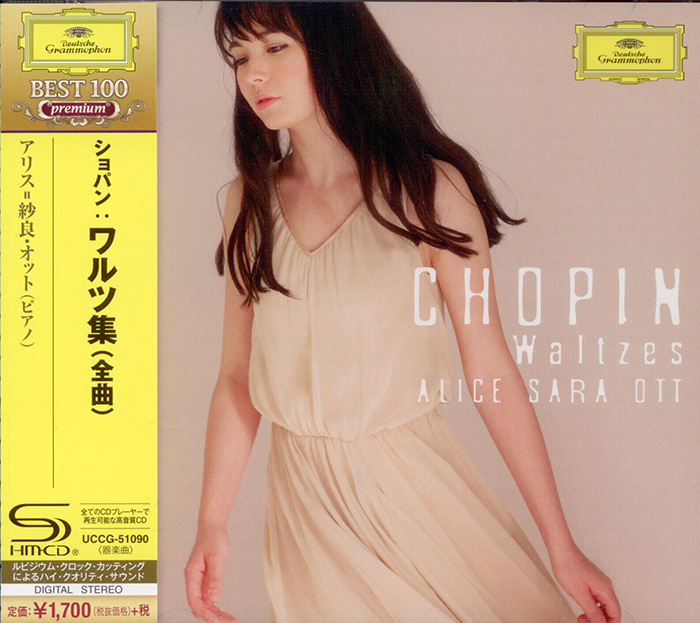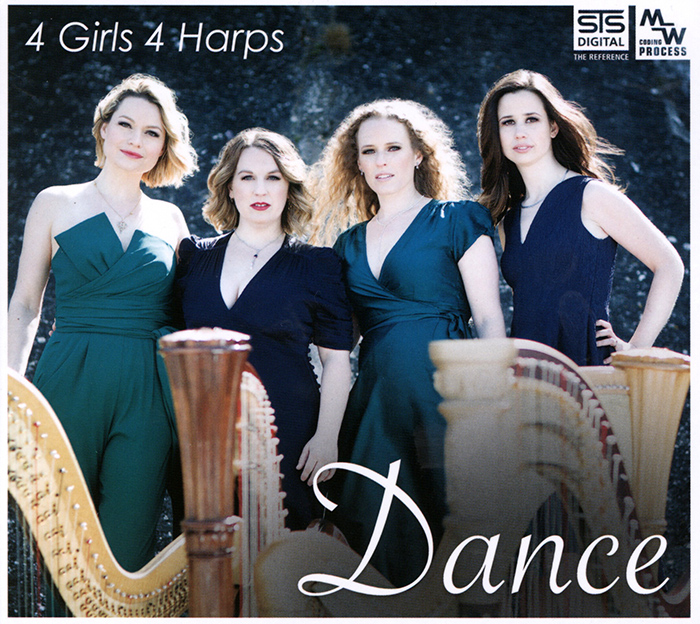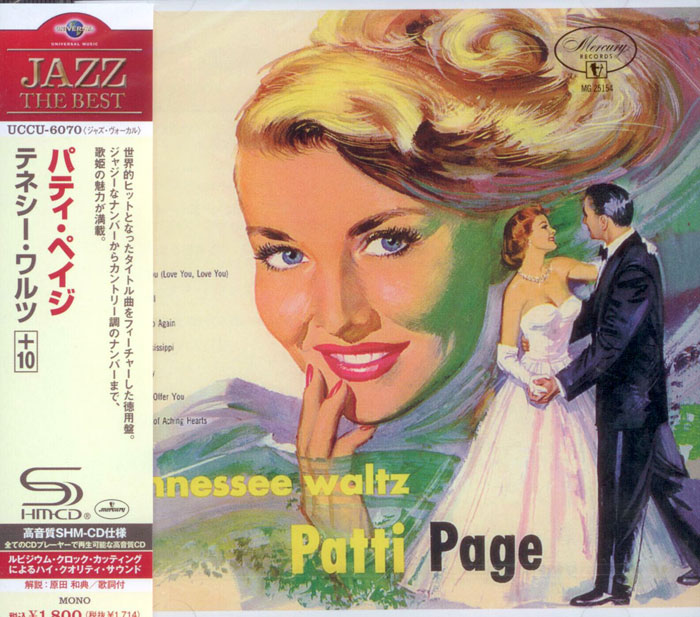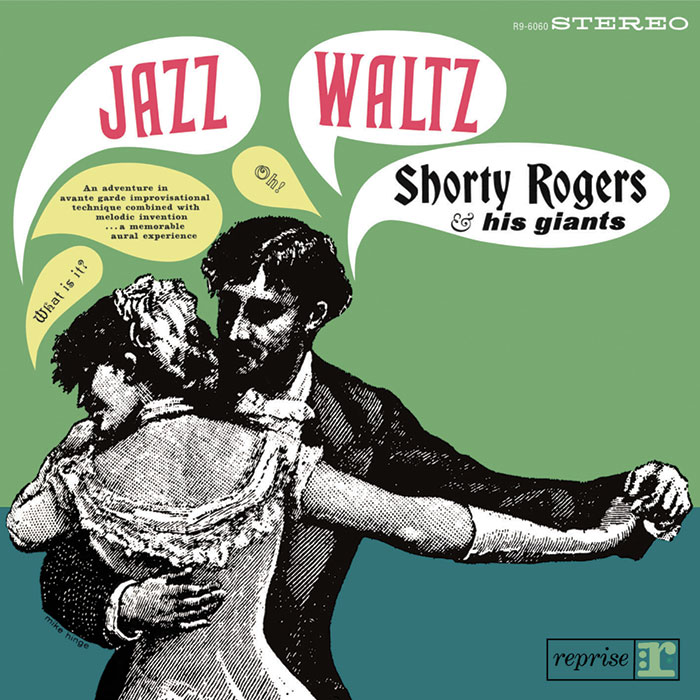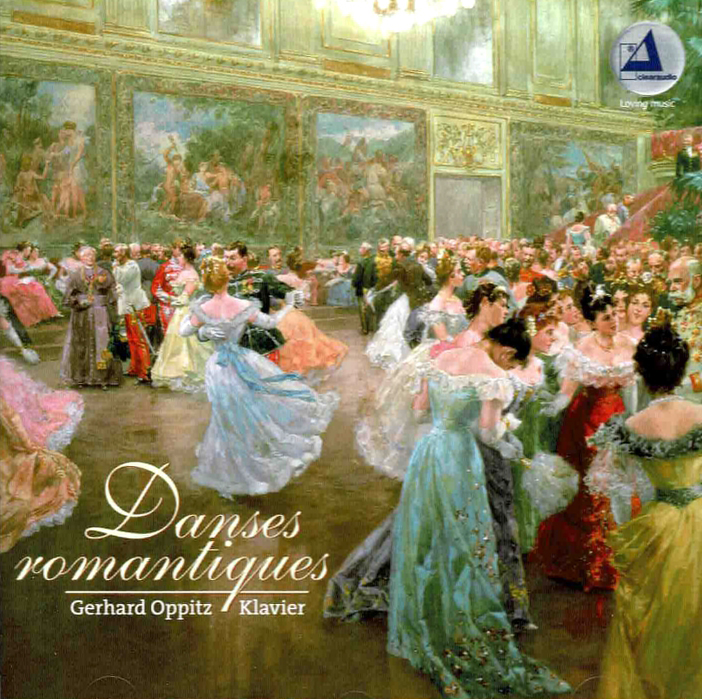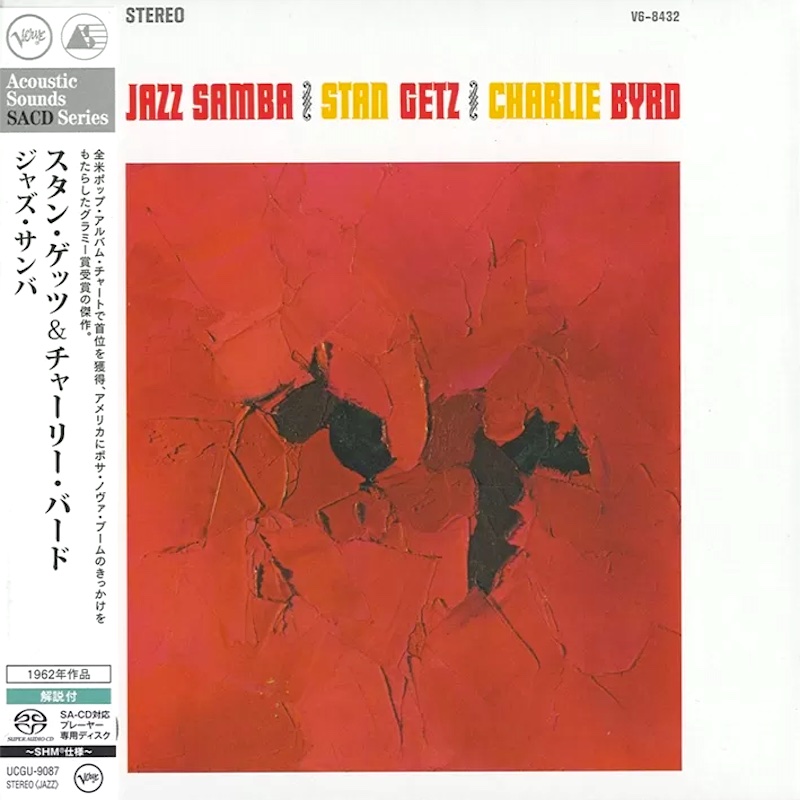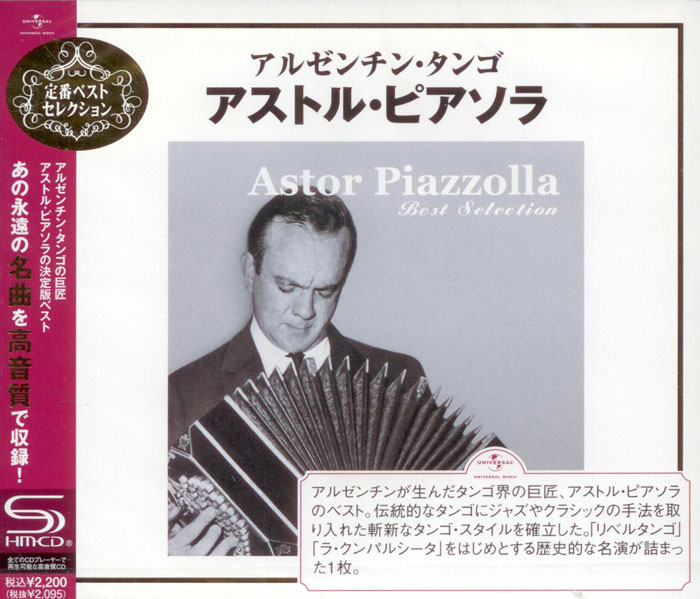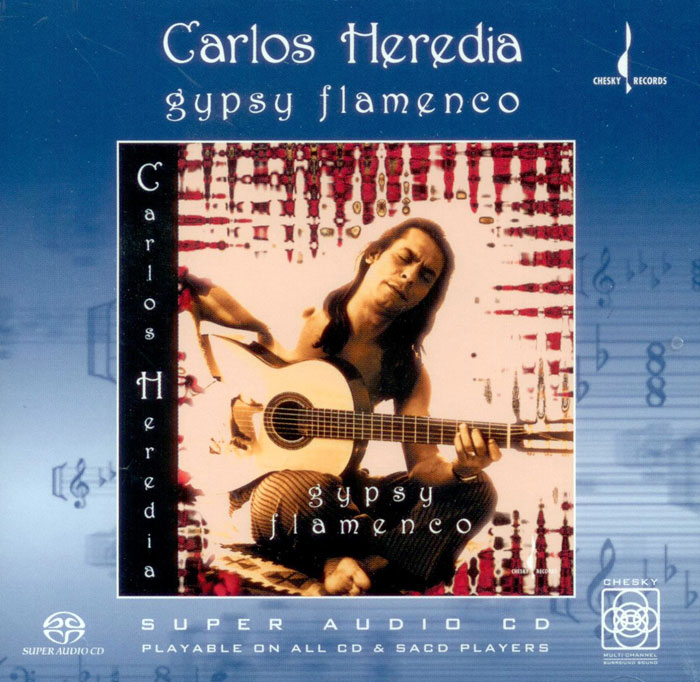Logowanie
Mikołaj - ten to ma gest!
Elton John, The Mamas & The Papas, Cat Stevens, Rod Stewart, Bobbie Gentry, Stevie Wonder, Engelbert Humperdinck
Memory Lane
Edycja Numerowana - 1000 egzemplarzy w skali światowej
RACHMANINOV, Eiji Oue, Minnesota Orchestra
Symphonic Dances / Vocalise
Best Recordings of 2001!!! NAJCZĘŚCIEJ KUPOWANA PŁYTA Z RR!
Karnawał czas zacząć!
Music of Love - Hi-Fi Latin Rhythms
Samba : Music of Celebration
AUDIOPHILE 24BIT RECORDING AND MASTERING
CHOPIN, LISZT, DEBUSSY, DVORAK, Gerhard Oppitz
Dances romantiques - A fantastic Notturno
Wzorcowa jakość audiofilska z Clearaudio
Winylowy niezbędnik
ClearAudio
Double Matrix Professional - Sonic
najbardziej inteligentna i skuteczna pralka do płyt winylowych wszelkiego typu - całkowicie automatyczna
VIVALDI, GEMINIANI, Boston Baroque, Martin Pearlman
The Four Seasons / Concerto Grosso No. 4 & 12
- Boston Baroque - orchestra
- Martin Pearlman - conductor
- VIVALDI
- GEMINIANI
The talented young soloist Christina Day Martinson is a native of Saskatchewan, Canada, and twice a National Finalist and prize-winner in the Canadian Music Competition. She received her Bachelor of Music degree from the New England Conservatory, holds a diploma from the Royal Conservatory in the Netherlands, and earned a Master of Music degree in historical performance from Boston University. It was at the Boston University School of Music that Ms. Day Martinson made the decision to concentrate on period violin and baroque performance. She studied performance practice with Martin Pearlman, who became her mentor and provided her first professional opportunities on period violin. Telarc’s premier ensemble, Boston Baroque, has enjoyed international critical and popular success with releases such as Bach’s Brandenburg Concertos and Orchestral suites, Handel’s Concerti Grossi Op. 6, Water Music and Royal Fireworks Music, and choral recordings including Handel’s Messiah, Bach’s Mass in B Minor, Mozart’s Requiem and Monteverdi’s Vespro della Beata Virgine. Martin Pearlman is among this country’s leading interpreters of baroque and classical music on both period and modern instruments. Pearlman has been acclaimed for more than thirty years in the orchestral, choral, and operatic repertoire from Monteverdi to Beethoven. The celebrated “Four Seasons” are the first four of a set of twelve concertos which Vivaldi composed with the overall title Il cimento dell’armonia e dell’inventione (”The contest between harmony and invention”), Op. 8. The title is also being made available in the SACD format. Gramophone MagazineMay 2009 …Martin Pearlman has found the ideal collaborator in Christina Day Martinson. This is a story-telling par excellence, Martinson's polished technique and elegant musicianship fired in the kiln of imagination to produce mind-pictures of such vividness that the Greek term ekphrasis, with all its rhetorical associations, hardly covers it. ...Pearlman, Boston Baroque's playing combines supreme technical precision with unexpected psychological depth: the early part of Summer's opening Allegro is as tension-filled as the air before a storm; Winter's Allegro non molto has a frozen emptiness that's almost metaphysical.

